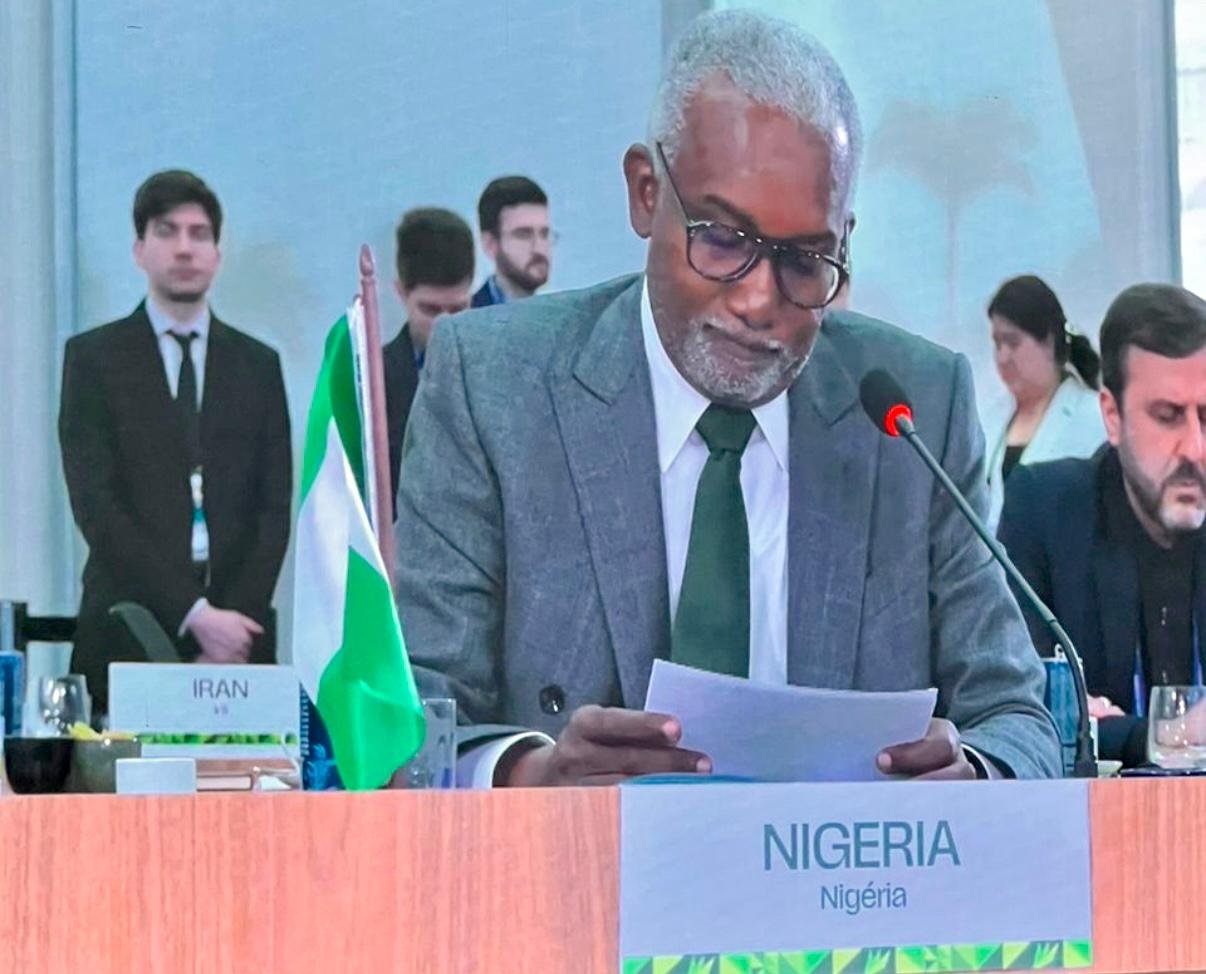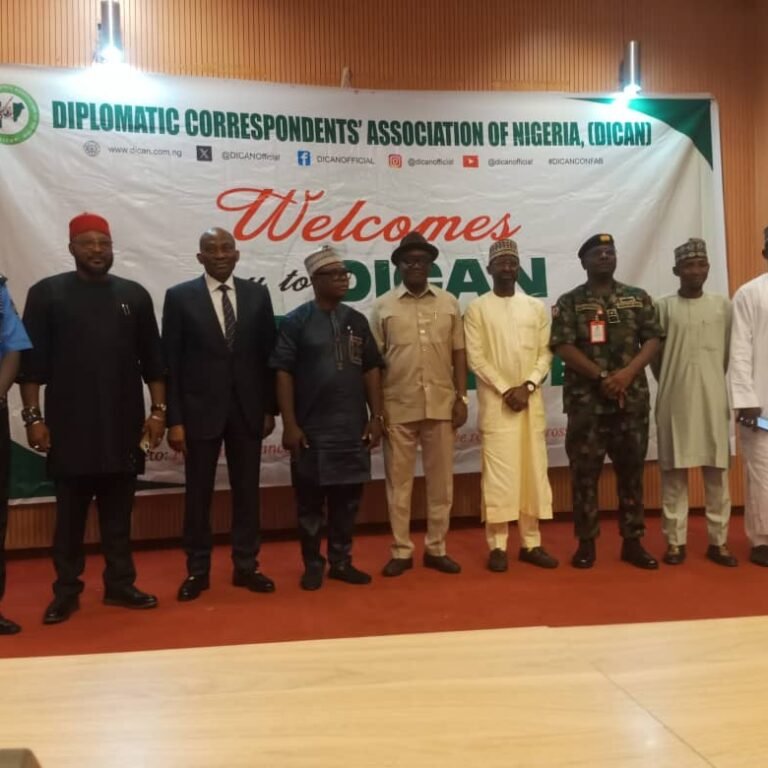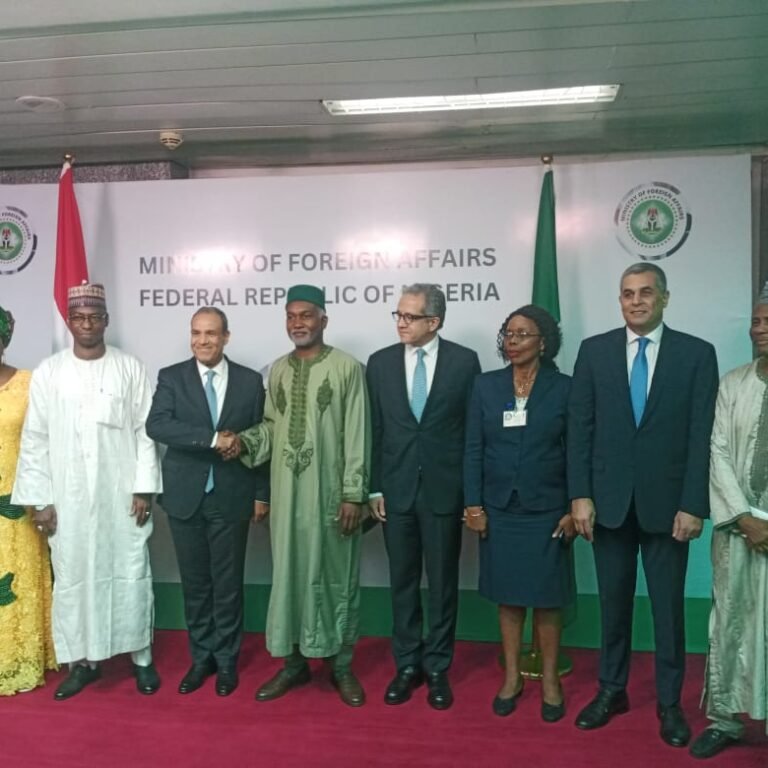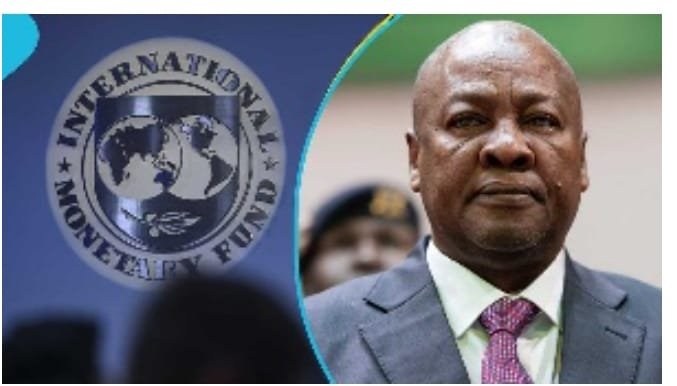
By Ameh Gabriel
Brasília, Brazil – Nigeria has urged BRICS nations to take the lead in championing climate justice and addressing global health inequities as the world prepares for the upcoming COP30 summit.
This was contained in a statement signed by Alkasim Abdulkadir, Special Assistant on Media and Communications Strategy
Delivering an impassioned address on behalf of President Bola Ahmed Tinubu, Nigeria’s Minister of Foreign Affairs, Ambassador Yusuf Maitama Tuggar, called for urgent, united action to confront the intertwined challenges of climate change and healthcare disparities.
“The climate emergency recognizes no borders,” Tuggar told delegates. “Just like global healthcare, we fix our own problems when we work together.”
Highlighting Nigeria’s vulnerability despite its minimal contribution to global emissions, Tuggar cited devastating floods in Mokwa, advancing desertification in northern regions, and rising sea levels threatening communities in the Niger Delta. He stressed that climate change is not a distant threat for Nigeria, but a present and growing crisis impacting millions.
In response, he noted Nigeria’s proactive investments in renewable energy including hydro and solar power—and reaffirmed support for continental initiatives like the African Carbon Market and the Great Green Wall. He emphasized the need for BRICS countries to scale up climate financing for the Global South to enable a just and sustainable transition.
“COP30 must face the challenge of enabling economic growth for the Global South while fulfilling our shared climate obligations,” he stated.
On global health, Tuggar decried the persistent inequities revealed during the COVID-19 pandemic. “Would so many children still die of malaria if this were a level playing field?” he asked, describing the pandemic as both a tragedy and a wake-up call.
He underscored Nigeria’s commitment to building resilient health systems through South-South cooperation—establishing vaccine hubs, advancing genomics and biotechnology, and enhancing knowledge exchange across developing nations.
Tuggar also presented Nigeria’s Long-Term Vision 2050, which integrates renewable energy, urban efficiency, reforestation, sustainable agriculture, and climate resilience into national development plans. He stressed Nigeria’s ongoing adherence to the Paris Agreement and advocated deeper collaboration with BRICS nations to achieve universal health coverage, climate justice, and pandemic preparedness.
As he concluded, Tuggar called for a break from what he described as “sterile and toothless diplomacy,” urging COP30 participants to embrace bold, actionable solutions. “Nigeria believes in solidarity, but we also recognize that enlightened self-interest is best served through cooperation,” he said. “There is no better time for BRICS to lead than now.”








